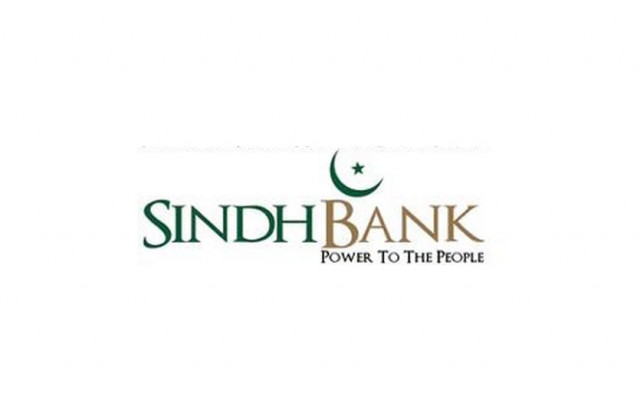Postponement: Sindh Bank looks to delay IPO by a year
CEO says holding off IPO likely to grab higher premium.

Wholly owned by the government of Sindh, Sindh Bank had originally planned to sell between 10% and 20% of its shares to the general public through the stock exchange before April.
Wholly owned by the government of Sindh, Sindh Bank had originally planned to sell between 10% and 20% of its shares to the general public through the stock exchange before April.
Elaborating on the reasons for the intended delay in the listing, Sheikh said the bank’s financial advisers have suggested that holding off the IPO for one year is likely to grab a far higher premium for the provincial government.

“The bank has no non-performing loans, high growth in profits, and a fast-growing branch network. No wonder the government of Sindh wants a premium of at least Rs5 per share. But our advisers said they foresaw a premium of Rs2.50 per share given the overall situation in the banking sector in case the IPO was held today,” Sheikh said.
Sheikh seems to have a point. While stocks in most sectors of the economy, like cement and textile, have risen phenomenally since 2012, the banking sector has largely missed out on the bullish run that propelled the benchmark index from 18,647 points a year ago to 28,717 points on Wednesday, a year-on-year rise of 54%.
The reason is simple: investors fear mergers and acquisitions as long as all banks do not meet their minimum capital requirement (MCR) as per the SBP rules. After all, share prices of most banks that underwent such deals in the aftermath of the 2008 crisis never fully recovered. Sheikh hopes that investors’ confidence in the banking sector will increase once all banks meet their MCR.
And in that case, the IPO of Sindh Bank stands a fair chance of generating a premium of Rs5 on each share with a face value of Rs10.
Indeed, unpublished financial accounts of Sindh Bank prove that it is growing at a substantial rate. Its pre-tax profit for the quarter ending on March 31 was Rs287.1 million, up 33.2% from Rs215.5 million recorded in the comparable quarter of the last year. Its net profit for the latest quarter increased 20% year-on-year to Rs192.3 million.
A significant increase was witnessed in the bank’s quarterly net interest income after provisions, which rose 43.5% year-on-year to Rs745.4 million. Its net non-interest income expanded 19.1% to Rs178.7 million in the latest quarter.
The biggest jump on the expenses side was witnessed in the administrative expense during January-March. Sindh Bank spent Rs637.1 million in the last quarter under the head of administrative expense, up 40.3% from the corresponding quarter of the last year.
“We increased our branch network substantially during this period. We had about 140 branches at the end of March 2013 but now they are over 200. A branch reaches its break-even point with deposits of Rs200 million. Also remember that deposits don’t come in as soon as a branch is established. They accumulate gradually,” Sheikh noted.
As of April 21, Sindh Bank has total deposits of Rs53.4 billion. A little over 25% of these deposits belonged to the government of Sindh.
The bank’s balance sheet for the latest quarter shows its advances grew 23.5% year-on-year to Rs32.8 billion while its net investments increased to Rs40.2 billion, up 9.3% from the comparable period of 2013.
“Last year our pre-tax profit was Rs953.4 million. Our aim is to increase it to more than Rs1.2 billion in 2014,” he added.
Published in The Express Tribune, April 24th, 2014.
Like Business on Facebook, follow @TribuneBiz on Twitter to stay informed and join in the conversation.



















COMMENTS
Comments are moderated and generally will be posted if they are on-topic and not abusive.
For more information, please see our Comments FAQ